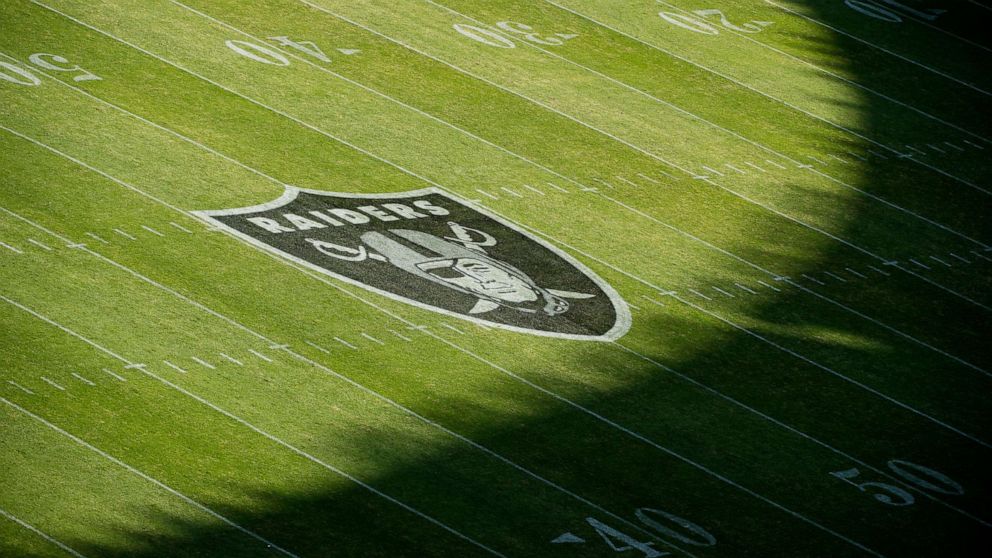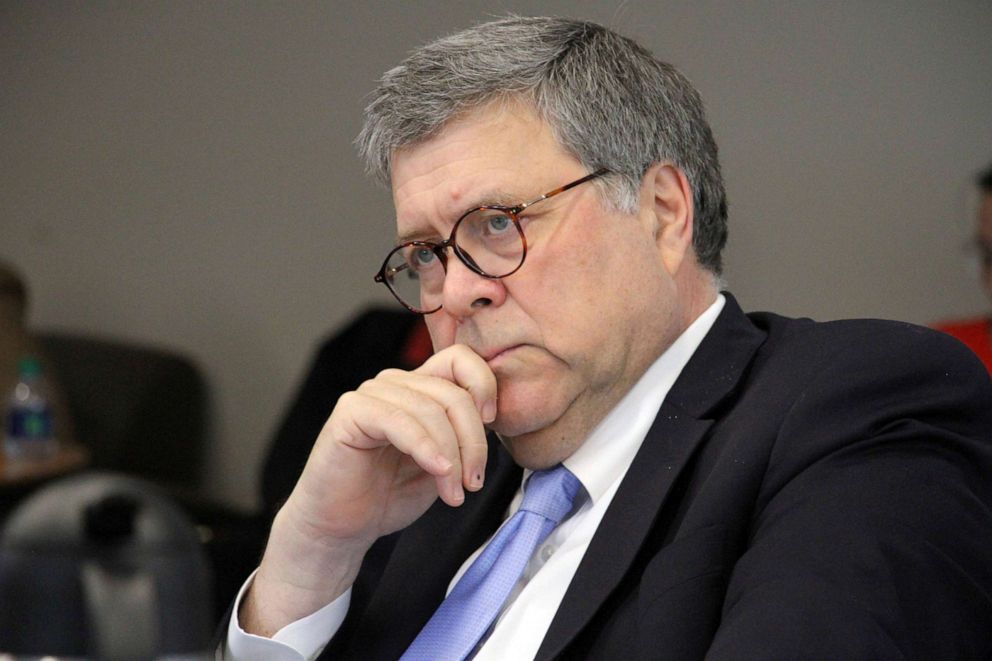DOJ sides with NFL, Raiders in Oakland antitrust lawsuit and the city hits back
It comes as the Trump administration's relationship with the NFL has been rocky

Oakland is challenging the Department of Justice over a case based on the Raiders' decision to move out of the California city.
In December 2018, after the NFL team announced their plan to move out of Oakland and to Las Vegas, Nevada, at the start of the 2020 football season, the city sued the team, the NFL and the league's other 31 teams for breach of contract through antitrust violations, alleging the move to Vegas is "illegal."
The city of Oakland argued they are due damages upwards of $240 million and for the diminished value of the Oakland Coliseum.
"The Raiders' illegal move lines the pockets of NFL owners and sticks Oakland, its residents, taxpayers and dedicated fans with the bill," city attorney Barbara Parker said in a statement when the suit was filed.
But in a statement of interest revealed this week, the DOJ said the city is not allowed to recover lost tax revenues and that it is an inappropriate use of antitrust laws.
"Oakland's claims for lost tax revenues should not be the basis for the Court to find that the City has standing to pursue antitrust claims against the Raiders or the NFL in this case," the department wrote, according to court documents.
Now, Oakland is challenging that with an opposition memo, after the NFL called for the case to be dismissed.
"Weeks later, months after briefing on Defendants' Motion to Dismiss was completed, and only one week before argument on Defendants' Motion to Dismiss, the DOJ has appeared in this case and filed the Statement focusing on a single premature, non-dispositive issue. Without reasonable or legitimate grounds, the DOJ essentially restates an argument already made in Defendants' Motion to Dismiss. The Court should not expend its time and energy on an untimely brief filed by an uninterested third-party, raising a cumulative, non-dispositive and premature argument," the city said in the memo.

According to the Department of Justice, their support for the defendants isn't out of the ordinary.
"The Antitrust Division routinely files statements of interest in antitrust cases where it believes that the court would benefit from an objective and proper application of the antitrust laws. In the past 18 months, the Division has filed 22 statements of interest or amicus briefs in courts throughout the country related to a variety of antitrust issues," a Justice Department spokesperson told ABC News.
The case has yet to be decided by U.S. District Judge Joseph C. Spero. Last month, the NFL sought to dismiss the case because they say the city has "no more than a shareholder or landlord" interest in the team's movement.
A similar lawsuit was filed against the Los Angeles Rams, by the team's old city, St. Louis, but doesn't allege an antitrust violation. That suit alleges a breach of contract, fraud, illegal enrichment and interference in business by the Rams, the NFL and its teams. The case could reach trial, if the sides do not agree to settle.
The statement of interest in favor of the NFL comes at a time when the administration's relationship with the NFL has been contentious after the president has been critical of players who kneel for the national anthem.
"Wow, NFL first game ratings are way down over an already really bad last year comparison," President Donald Trump tweeted at the start of the 2018 NFL season last September, repeating a claim he previously made about NFL ratings last season. "Viewership declined 13%, the lowest in over a decade. If the players stood proudly for our Flag and Anthem, and it is all shown on broadcast, maybe ratings could come back? Otherwise worse."
At a campaign event in Alabama on Sept. 22, 2017, Trump called on NFL owners to fire players who take a knee, suggesting they say, "get that son of a b---- off the field! He's fired, he's fired!"
Several players have continued to raise their fists or take a knee during the NFL's 2018 preseason to protest police brutality against black people and people of color.
In August of 2018, the president blasted NFL players who protested during preseason games, and suggested that they should be "suspended without pay."
The Raiders and the City of Oakland have not returned ABC News' request for comment.



